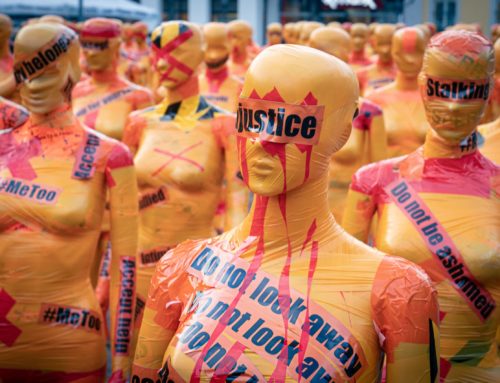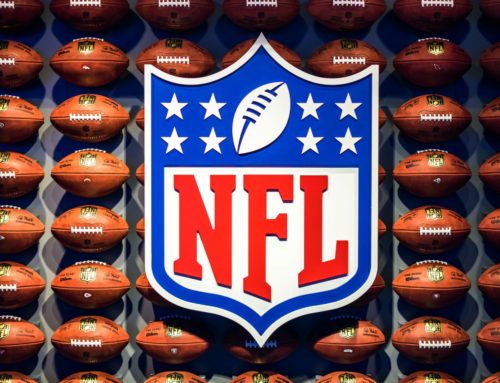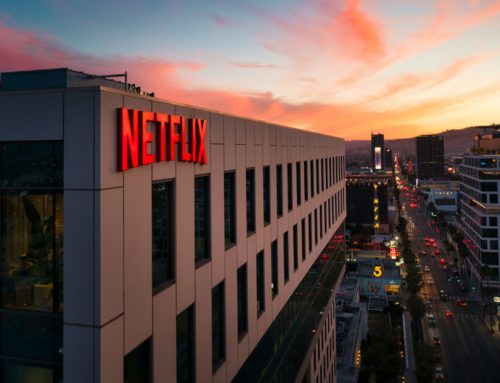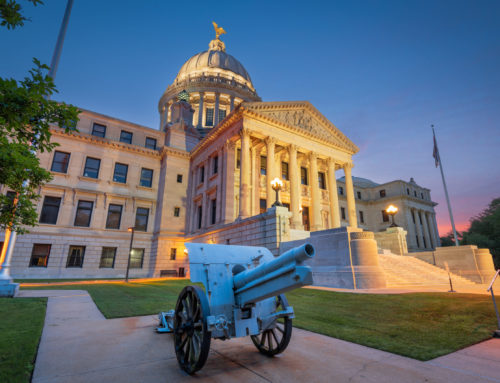 Steve Bannon leaves Manhattan federal court in August. He called the criminal charges against him a “fiasco.” (Pete Brush | Law360)
Steve Bannon leaves Manhattan federal court in August. He called the criminal charges against him a “fiasco.” (Pete Brush | Law360)
Nullifying his May trial date and extinguishing a possible conviction and sentence, Bannon’s pardon comes amid a torrent of clemencies at the twilight of Trump’s presidency — 73 pardons in all, and another 70 commutations — including full pardons for former Trump fundraiser Elliott Broidy, rapper Lil Wayne and former Uber executive Anthony Levandowski.
Trump also commuted the sentences of convicted fraudster and former Detroit Mayor Kwame Kilpatrick and Salomon Melgen, an eye doctor and friend of U.S. Sen. Robert Menendez, D-N.J., who was convicted of Medicare fraud. The outgoing president has pardoned dozens of people in recent months, including a roster of his onetime allies accused of crimes.
Bannon, who called the prosecution for his part in the We Build the Wall campaign a “fiasco,” had faced charges of wire fraud conspiracy and conspiracy to commit money laundering. New York federal prosecutors accused him and three others of pocketing almost $1.4 million from hundreds of thousands of donors with a promise that “100%” of the funds would go toward a Mexico border wall.
Experts called the prosecution a “quintessential” fraud case where Bannon, conservative activist Brian Kolfage, and associates Timothy Shea and Andrew Badolato allegedly drew from funds using shell companies and sham contracts despite public promises to the contrary. Kolfage, Shea and Badolato were not pardoned.
In a statement accompanying Bannon’s pardon, the White House said: “Prosecutors pursued Mr. Bannon with charges related to fraud stemming from his involvement in a political project. Mr. Bannon has been an important leader in the conservative movement and is known for his political acumen.”
Trump’s decision to pardon Bannon had appeared less likely in recent months given the pair’s falling out after Bannon left the White House in 2017.
Shortly after Bannon was arrested in August, Trump appeared to distance himself from Bannon, saying that he hadn’t dealt with his onetime White House strategist in “a very long period of time” and that “it’s a very sad thing by Mr. Bannon.”
“I don’t like that project,” Trump said, referring to the We Build the Wall campaign at the center of the prosecution. “I thought it was being done for showboating reasons.”
In November, Bannon came under fire for saying that National Institute of Allergy and Infectious Diseases Director Anthony Fauci and FBI Director Christopher Wray should be beheaded for their lack of loyalty to the president. Immediately after his comments, Bannon’s attorneys at Quinn Emanuel Urquhart & Sullivan LLP sought to dump their client. Rudy Giuliani’s attorney, Robert J. Costello of Davidoff Hutcher & Citron LLP, took over Bannon’s defense in December.
Following the news of Bannon’s pardon, Costello did not immediately respond to a request for comment.
The government is represented by Nicolas Roos, Alison G. Moe and Robert B. Sobelman of the U.S. Attorney’s Office for the Southern District of New York.
Bannon is represented by Robert Costello of Davidoff Hutcher & Citron LLP.
Kolfage is represented by Harvey Steinberg of Springer and Steinberg PC.
Badolato is represented by Daniel Stein and Michael Heffernan of Mayer Brown LLP.
Shea is represented by John Meringolo of Meringolo & Associates PC.
The case is U.S. v. Kolfage, case number 1:20-cr-00412, in the U.S. District Court for the Southern District of New York.
–Additional reporting by Stewart Bishop and Pete Brush. Editing by Breda Lund.




